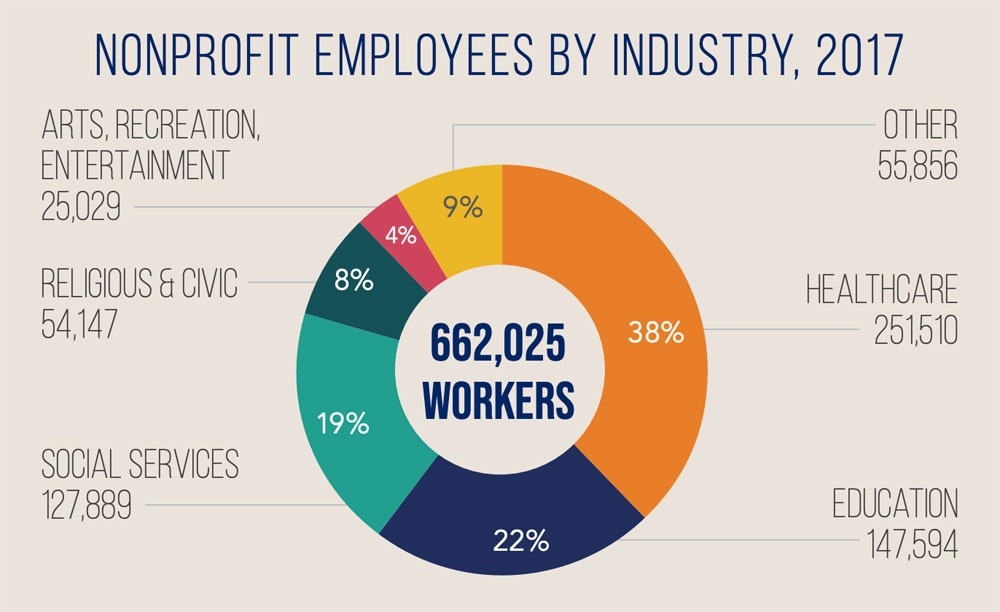
July 6, 2020; NYN Media
Earlier this week, NYC Comptroller Scott Stringer released a report on the positive economic impact that the nonprofit sector has on the New York City economy. Created in partnership with Nonprofit New York, it makes a good case that any effective economic recovery plan must include nonprofits.
While tough budgetary decisions must be made in this crisis, we cannot nickel-and-dime the very same nonprofits we will rely on to support our most vulnerable communities. We cannot afford to lose the jobs and revenue that the sector contributes.
It’s not just the sector’s more than 660,000 jobs and $42 billion in wages that are needed. Nonprofits have always been a critical partner to the NYC government in delivering on critical social services and basic needs for residents, such as healthcare, food access, but this role has only intensified with COVID-19. These same nonprofits are now struggling to survive and await the impact of the city’s budget cuts. The city council’s “discretionary” budget—funds that are redistributed to local nonprofits by city council members—was recently cut by 20 percent. These budgetary decisions are under more intense scrutiny than in prior years as a result of recent racial justice protests and the perception of bloated policing budgets, but even in this context, the Communities of Color Nonprofit Stabilization Fund was slashed by 30 percent.
Sign up for our free newsletters
Subscribe to NPQ's newsletters to have our top stories delivered directly to your inbox.
By signing up, you agree to our privacy policy and terms of use, and to receive messages from NPQ and our partners.
Meg Barnette, CEO of Nonprofit New York, underscores the importance of nonprofits being a primary economic consideration in the current environment.
At this profound and urgent moment, amidst a pandemic that has exposed the dangerous fragility of our social safety net, and an uprising for racial justice that has exposed deep and systemic racial inequality, New York’s nonprofits are a relentless, collective force for good. But they cannot support families facing trauma, they cannot help organize for justice, they cannot lift up communities, indeed many cannot even survive without the relief, funding, and respect that reflect their critical role in our City’s economy and communities.
The nonprofit sector often needs to advocate and credential itself as valuable in these budgetary conversations, despite being a key player to the public and private sector in making local economies churn. Despite the case COVID-19 made that the city could not have survived—and, for now, contained—the crisis without nonprofits, the sector is still having to fight for survival.—Danielle Holly













